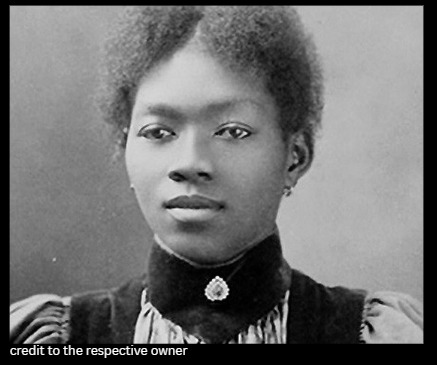Harriet E. Wilson was born in 1825 in Milford, New Hampshire, to a white mother and a Black father. After her mother passed away, she was given away as a servant to a white family, where she endured many years of exploitation and hardship.
She grew up with little education, working as an indentured servant in a North that claimed to be “free” but denied her basic dignity. Later, abandoned by her husband and left to care for her sick child, Harriet struggled to survive by sewing, cleaning, and taking any work she could find.
Amid these hardships, she did something remarkable. In 1859, she wrote Our Nig; or, Sketches from the Life of a Free Black — the first novel ever published by an African American woman in the United States. Her book revealed a painful truth: racism and oppression existed not only in the South but in the North as well.
However, her words went largely unheard. The book sold very few copies, and Harriet, hoping to earn money for her son, remained in poverty. After his death, she moved to Boston, where she worked as a spiritualist and reformer, quietly helping others even as her own name faded from public memory.
When Harriet died in 1900, she was largely unknown. But in 1982, scholar Henry Louis Gates Jr. rediscovered Our Nig, proving she was a true pioneer of American literature.
Today, Harriet Wilson’s voice is no longer silent. Her story is one of resilience and courage, reminding us that even when the world forgets, truth has a way of being remembered.
